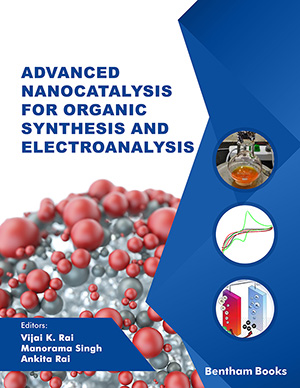
Abstract
Background: Regenerative medicine deals with developing strategies to repair or substitute organ or tissue functionality; it involves any combination of specific cell types, engineered polymeric biomaterials with biochemical inducers to promote cell adhesion, migration, growth, and differentiation to restore physiological tissue function, and to stimulate regeneration of damaged and previously irreparable organs. Nanotechnology- based approaches have been investigated towards for the development of innovative multifunctional biodegradable biomaterials for tissue engineering, that can serve as scaffolds for cells, but also allow monitoring the tissue regeneration process, controlling the delivery of therapeutic agents, and/or the occurrence of biological reactions responsible for organogenesis. Physical, chemical, and biological control of cell micro- and nanoenvironment are of key importance for the ability to direct and manipulate the cell behaviour. This has led to the development of new techniques enabling the fabrication of micro- and nanostructured biodegradable constructs suitable for regenerative medicine applications.
Objective: This contribution gives an extensive overview of nanostructured polymeric biomaterial preparation, characterization and stem cell interaction. The review starts with an introduction on regenerative medicine, stem cells, and polymeric biomaterials, then the different techniques employed for the development of the scaffolds will be described, analyzing solvent-based, gas-based and additive manufacturing techniques, highlighting their principles, technological solutions and processes.
Conclusion: The synthesis of nanostructured biopolymeric nanoparticle bearing specific stabilizing agents can open new challenges in the development of personalized health care products. A deep knowledge has to be acquired on the chemical behaviour of the nanomaterials and on the interactions they establish with the bioenvironments. Finally, recent advances and emerging designs and applications will be discussed.
Keywords: Biomaterials, stem cells, polymers, tissue engineering, scaffolds, nanocomposites.
 42
42 3
3

























